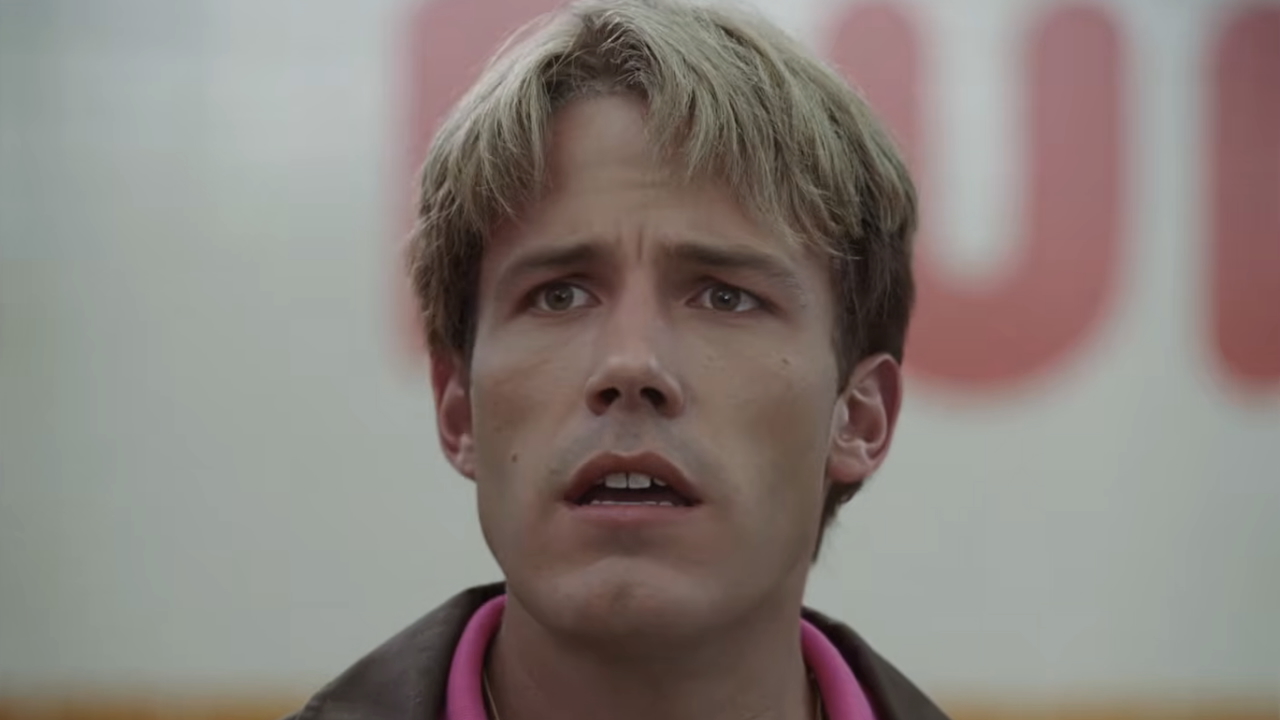I've Loved You So Long is a title that doesn't translate very well. It's a line from a popular French song that, in this film, two sisters might learn as a piano duet. In English it sounds far more sentimental than the movie actually is, and suggests a jilted romance rather than the film's dynamic, confusing love between estranged sisters.
But hold tight; everything else in Philippe Claudel's luminous, heartfelt drama translates just fine, forming the kind of family story we all feel but Hollywood has never quite gotten right. The stuff of melodrama or a Lifetime movie, I've Loved You So Long instead goes a quieter route, led by its stunning lead performance from British actress Kristin Scott Thomas, speaking flawless French here.
The film begins when Juliette (Thomas) comes to live with her much younger sister Lea (Elsa Zylberstein) and her family, which includes her husband Luc (Serge Hazanavicius), two adopted Vietnamese daughters, and a father-in-law (Jean-Claud Arnaud) left mute by a stroke. We learn Juliette's story almost maddeningly slowly, as she keeps the details of her 15 years in prison to herself. It turns out she was convicted, thanks to the testimony of her ex-husband, of murdering her six-year-old son. Lea, who was only a teenager when her sister was jailed, is desperate to re-establish sisterly bonds; Juliette, blank and ravaged, seems physically incapable of anything beyond basic human contact.
Juliette drifts through her few duties, which include meeting with a parole officer as well as local police detective (Frederic Pierrot), who dearly wants the simple companionship Juliette eventually consents to give. She accompanies her sister's family to various events like a ghost in the background, and even when Lea's colleague Michel (Laurent Grevill) shows interest, Juliette isn't prepared for what's clearly a mutual attraction.
But the thaw eventually happens, and the miracle of I've Loved You So Long is that we barely notice it. Claudel, a novelist-turned-screenwriter as well as first-time director, immerses us deeply in the world of Lea and Juliette's family, turning something so immense as returning to life after 15 years in prison into a series of ordinary vignettes. Juliette goes to a barbecue, swims with her sister at the pool, has lunch with the detective; it's the mundane stuff of anyone's life, but as it makes inroads into Juliette's deeply frozen thoughts and feelings, we see it all transform her.
Thomas is practically silent throughout the film, but she makes amazing use of her deep-set, lively eyes. When Juliette and Lea visit their mother, ill with dementia in a nursing home, Juliette is speechless when her mother greets her, in English, as if she was never in jail at all; unable to return her mother's embrace, Juliette conveys every ounce of her heartbreak, loneliness and anger with stiff arms and panicked eyes. As Lea, Zylberstein too brings her character beyond the normal enthusiasm of a younger sister. Trying too hard to reincorporate her sister into the normal world, while simultaneously resenting her for the disintegration of her own family, Lea's sadness shines through her bright demeanor, climaxing in the movie's final scene, the sole confrontation between the sisters about Juliette's dark past.
Though the mystery of Juliette's crime propels the narrative, it's the story's tiny details-- Lea's childhood diaries, the relationship between the two young daughters, the mute grandfather's wry humor-- that make I've Loved You So Long such an enduring experience. Richly layered like a novel, with themes ranging from entrapment to romance to fulfillment, this smart, beautiful, even funny movie is an unequivocal pleasure.
Your Daily Blend of Entertainment News
Staff Writer at CinemaBlend


